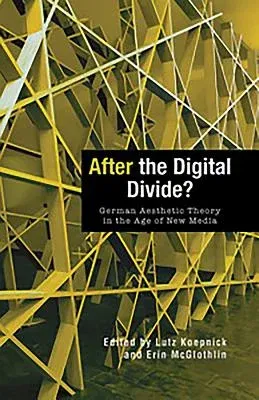New essays providing innovative ways of understanding the altered
position of media in Germany and beyond.
The term "new media" is a current buzzword among scholars and in the
media industry, referring to the ever-multiplying digitized modes of
film/image and sound production and distribution. Yet how new, in fact,
are these new media, and how does their rise affect the role of older
media? What new theories allow us to examine our culture of ubiquitous
electronic screens and networked pleasures? Is a completely new set of
perspectives, concepts, and paradigmsrequired, or are older modes of
discussion about the relationship between technology and art still
adequate? This book reconsiders the seminal work of German media
theorists such as Adorno, Benjamin, and Kracauer in order to explore
today's rapidly changing mediascape, questioning the naive progressivism
that informs much of today's discourse about media technologies. The
contributions, by internationally-recognized critics from a variety of
academic fields, encourage a view of the history of media as structured
by difference, complexity, and multiplicity. Together, they offer
intriguing ways of understanding the changed position of media in
today's Germany and beyond.
Contributors: Nora M. Alter, Michel Chaouli, Diedrich Diederichsen,
Sabine Eckmann, Margit Grieb, Boris Groys, Juliet Koss, Richard
Langston, Lev Manovich, Todd Presner, Juliane Rebentisch, Carsten
Strathausen.
Lutz Koepnick is Professor of German, Film and Media Studies, and Erin
McGlothlin is Associate Professor of German and Jewish Studies, both at
Washington University in St. Louis.

